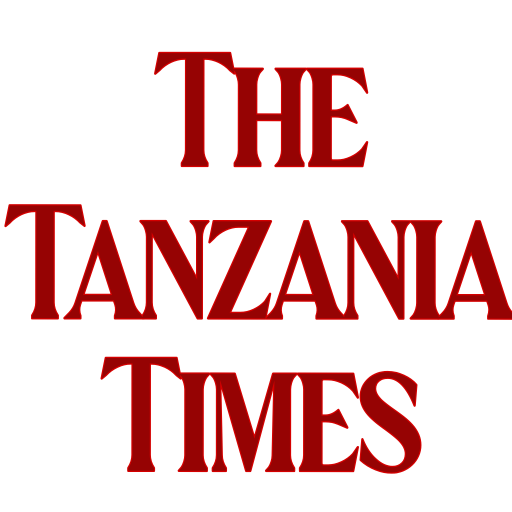Ten Elephants in the Meatu District of Bariadi Region have been installed with new sets of tracking belts equipped with satellite radio communications for live monitoring.
The Project is undertaken by the Friedkin Conservation Fund in Association with the Mwiba Holdings.
Collaring Elephants with GPS Satellite belts is the initiative taken by conservation entities to avert cases of Human Wildlife Conflicts in the precinct.
The latest exercise involving the collaring of Jumbos took place in the Mwiba Wildlife Ranch and the Makao Wildlife Management Area both mapped within the Meatu District of Bariadi Region, striding the Maswa Game Reserve, Serengeti and Ngorongoro.

According to Aurelia Mtui, the Project Manager of the Friedkin Conservation Fund Tanzania, the exercise to collar the Jumbos has cost more than 232 million/- Tanzanian Shillings.
“That is the cost of importing and shipping all belts, equipment and aircrafts to locate the elephants in the wild,” Ms Mtui explained.
“It has been realized that 99 percent of all cases of Human Wildlife Conflicts usually pit elephants against people, mostly farmers,” the Friedkin Conservation Fund’s official pointed out.
But elephant collaring in Meatu District is not a new project, it started back in 2019 when the solar powered tracking belts were fixed onto 18 Jumbos.
The elephants wearing the belts are usually the leaders of their respective troops.
Some of the old collars placed on ten elephants have been found to wear off and thus new and improved belts are now being installed on the same Jumbos for improved efficiency.
Now from the Elephants GPS belts, information gets dispatched from the installed gadgets indicating the exact location of the animal and is cited to be the better solution to track the jumbos as it identifies the distance and location.
The elephant collaring exercise also involved experts from the state-run Tanzania Wildlife Research Institute and the Tanzania Wildlife Management Authority.
Reports from Mwiba Holdings indicate that other than elephants, the collaring exercise was previously also extended to lions, especially pride leaders.
Mwiba runs conservation and tourism activities in the area. The entity also works with the Makao Wildlife Management Area, a conservation community owned by seven villages.
Meatu District is mapped within 8835 square kilometres of land but nearly 40 percent of that is covered by the Maswa Game Reserve measuring 4223 square kilometres.
Meatu, which falls under the Simiyu Region, also has a part of Serengeti National Park covering 16 percent of the District and the Ngorongoro Conservation Area taking 3.3 percent of the precinct.
The Makao Wildlife Management Area (WMA) measuring nearly 780 square kilometres accounts for 31.2 percent of the total District Area.
The community conservation area is made up of communal land contributed by seven villages including Makao itself; Ginamo; Mwabagimu; Saapa; Mwagundo; Iramba-Ndogo and Mbushi.
The Friedkin Conservation Fund (FCF) works to protect millions of acres of endangered wildlife areas and stimulate community development in East Africa.
FCF has been conducting research and monitoring in order to make effective wildlife management decisions and promote long-term sustainability of wildlife and their wilderness.
RELATED: 16 White Rhinos Translocated from South Africa to DR Congo


